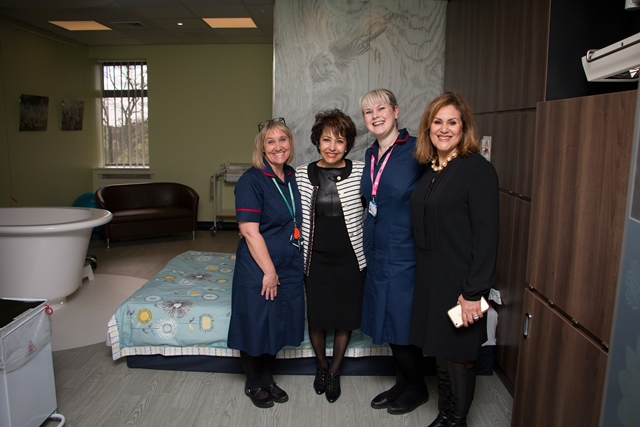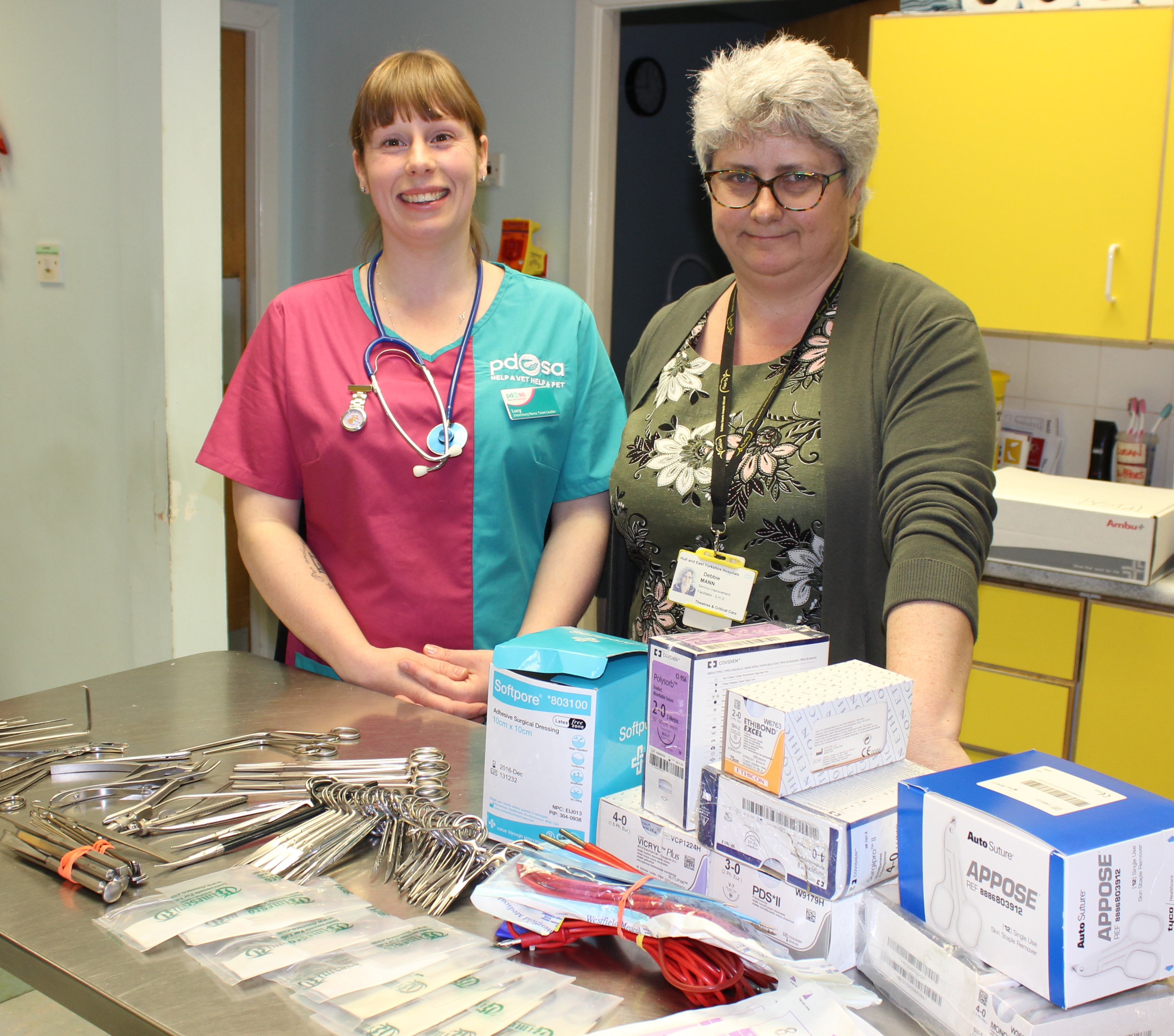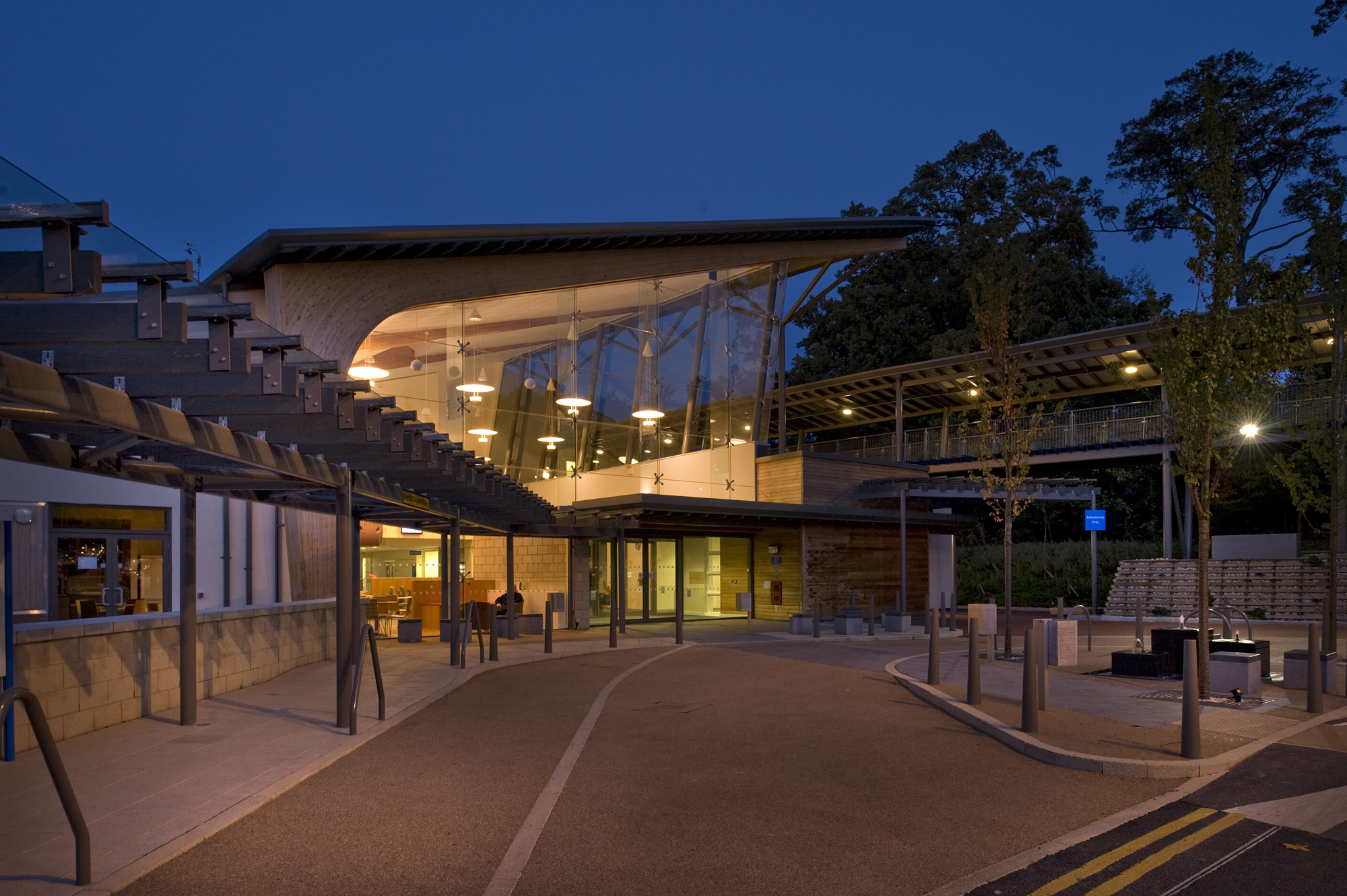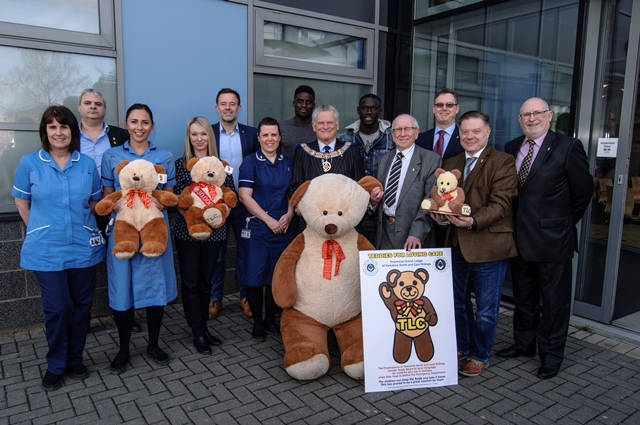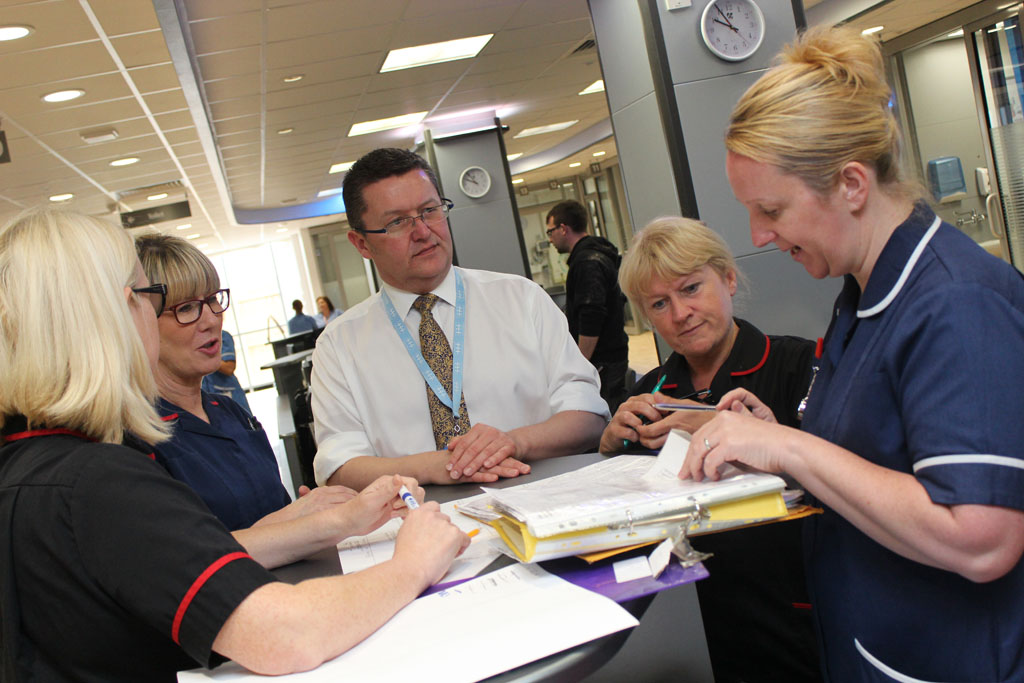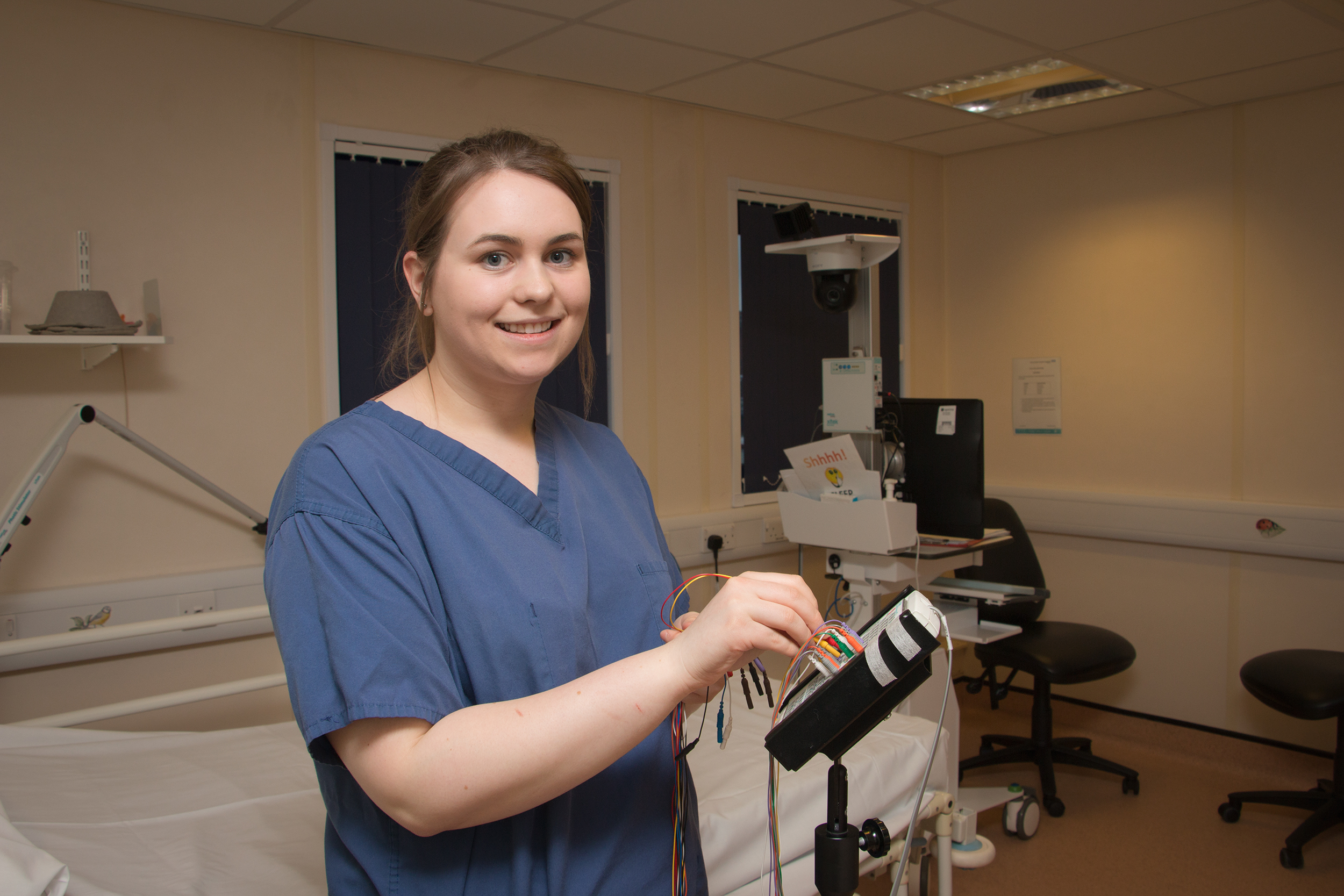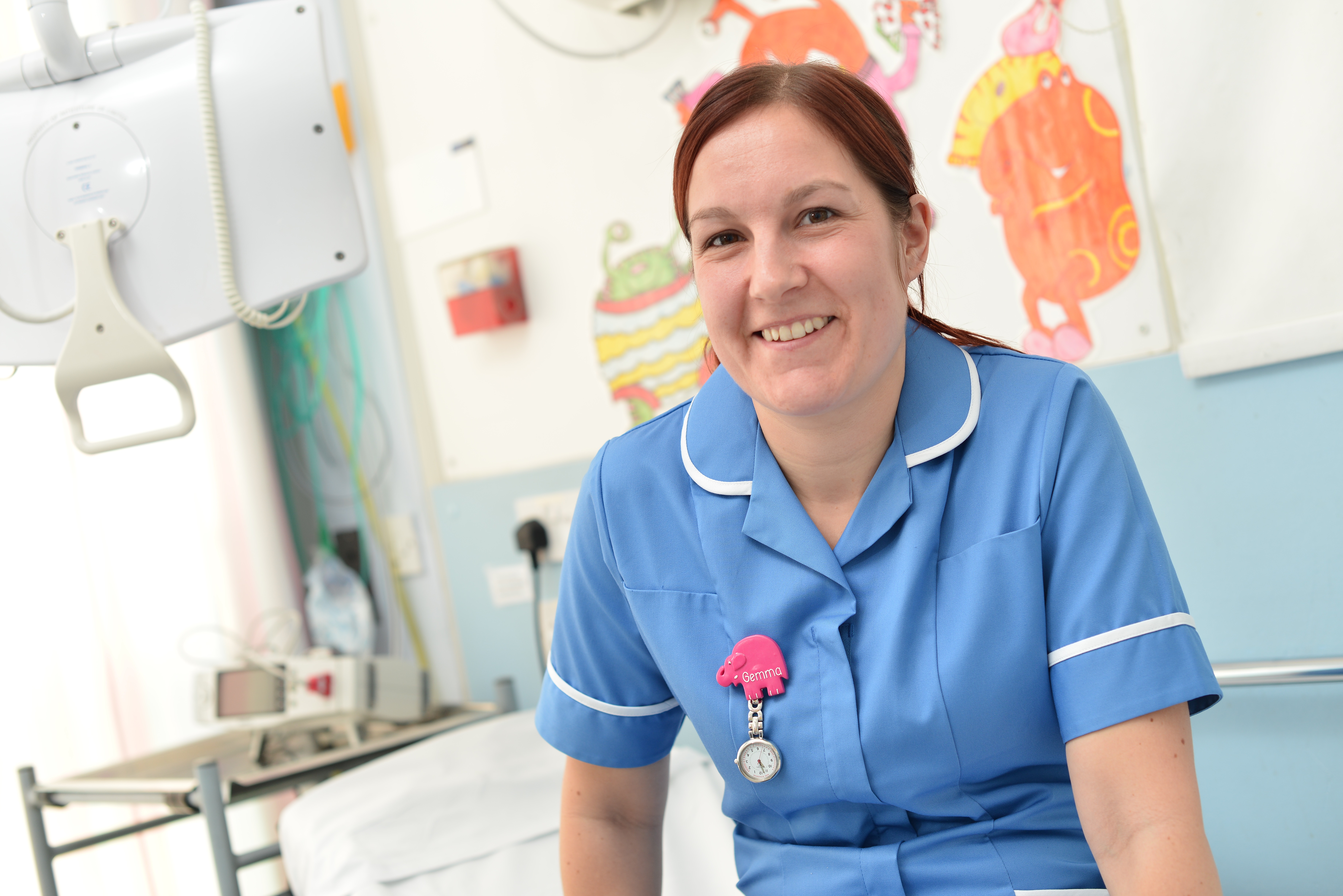A new facility for mums-to-be seeking a natural birth experience has opened within the Hull Women and Children’s Hospital.
Design and construction of the midwife-led, Fatima Allam Birth Centre began in November 2016 and was completed towards the end of March. Following a short handover period, the centre will welcome its first new arrivals today.
The birth centre comprises three individual rooms, each featuring a birthing bed, birthing pool, en suite bathroom and additional equipment, should it be needed, cleverly contained within hidden wall panelling. The Lotus, Jasmine and Persea rooms are all individually designed with feature walls to provide a homely and relaxed feel.
The development of the centre was made possible through the generosity of Mrs Fatima Allam, who has donated £370,000 towards the overall £470,000 cost.
Around 1,400 women give birth in Hull and East Yorkshire each year with the support of midwives, and without the need for medical intervention. The birth centre will help to meet the needs of those women who wish to birth their babies naturally whilst also being close to the main labour and delivery suite, meaning medical support is on hand should the need arise.
Nicola Foster, Labour Ward Matron for Hull University Teaching Hospitals NHS Trust says:
“The new birth centre looks fantastic, and each room is designed to provide women with a comfortable, non-medical environment within which to birth their babies.
“Midwives always discuss choice of place of birth with women at an early stage in their pregnancy, and whilst a natural birth won’t be suitable for every woman, it’s great that we can now offer this choice locally.
“We’re incredibly grateful to Mrs Allam for helping us to make this possible. I’m sure local women will really appreciate the effort that’s gone into creating the centre, and I know that midwives are very much looking forward to working there.”
Mrs Allam says:
“I feel privileged to be involved in the provision of this new centre and I am sure that it will provide a relaxed and comfortable facility in which mothers-to-be can give birth. In addition to providing funds to make this centre a reality, I, together with members of my family, have had the opportunity to input into the overall interior design process.”
In creating the new birth centre, the Trust’s maternity service has worked closely with Hull and East Riding of Yorkshire Clinical Commissioning Groups to ensure the recommendations within the National Maternity Review are met. The findings of the review recommend local women are able to choose where they would prefer to give birth; whether at home, in a midwife-led or obstetric-led unit, following discussion around the benefits and risks associated with each option.

